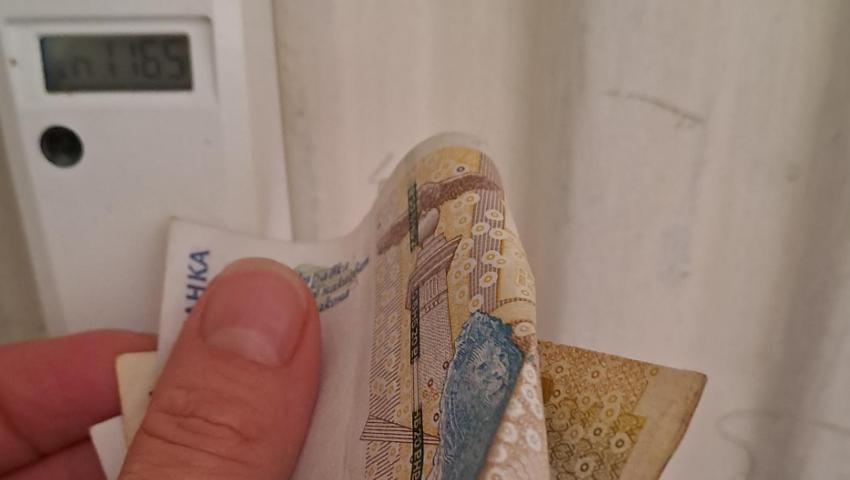The energy poor are excluded from all programs because of the delay in a number of decisions
The government will make a single platform for energy poverty, and can use an existing information system

Photo: 3eNews/Raya Lecheva
Raya Lecheva
At the moment, the energy poor are excluded from all programs, people without sufficient savings cannot join either the rehabilitation programs or the pilot schemes that have not yet started to install solar boilers or photovoltaics.
Economist Teodora Peneva from the Bulgarian Academy of Sciences commented on this during the "National Fund for Decarbonization: Structuring, Management, Market Development" forum. The reason is the delay in the key reform for introducing the definition of energy poverty in our country. It is necessary to receive heating benefits, but also to participate in various programs to finance families for home renovation, for renewable sources for own needs and a number of others. The goal is for energy-poor households to receive a larger subsidy or grant.
The adoption of a definition of energy poverty has already been delayed for a year, and I have concerns that it may not be ready by the end of the year, explained Peneva.
According to her, processes that can take no more than two months are already delayed by a year, maybe even more.
Until now, no institution wanted to manage and administer a process in which it has to evaluate and control, to grant aid to nearly 2 million people instead of 300,000 as it is now. And the definition, although different nuances, is clear. Energy poverty will be defined on the basis of disposable income after energy expenditure. If a person falls below the poverty line, the family will fall under the energy poor column.
On the one hand, the important function of administering the process should be taken over by the Social Assistance Agency, which, however, does not have sufficient capacity, but is also currently charged with commitments to work with all vulnerable groups. Also involved in the process are the Ministry of Energy, the municipalities and all the programs under which energy-poor households will have an advantage.
There may be light at the tunnel after all. We are already a step ahead in solving the administration issue, emphasized Peneva, who participates in the Commission for Energy Efficiency and Energy Poverty. It will work with an information system in which all data will be entered automatically, will be collected by the NRA, NOI in terms of income, housing ownership, the inclusion of building condition and year of construction is still being considered.
They are creating a unified information system for energy poverty in Bulgaria
With such a unified system, the Social Assistance Agency is already working, and it is about upgrading the system and introducing a slightly different algorithm, Peneva said. It will be added what the household received, for example a solar collector or a photovoltaic installation, what types of aid and grants. But this will not take more than two months, the economist believes.
Administering this important process is also a matter of funding. The government is currently committed to finding additional funding. But it is hardly just about that, but rather about decisions and political will. 3eNews is still waiting for answers from the office of Deputy Prime Minister Atanas Pekanov as to why the process is being delayed and what the challenges are.
Today is the last deadline for comments in the working group to the Commission on Energy Efficiency and Energy Poverty, after which the final report will be submitted to the Prime Minister.
The next important steps are to introduce the definition and its administration to the parliament with changes to the Energy Act as quickly as possible, Peneva said.
